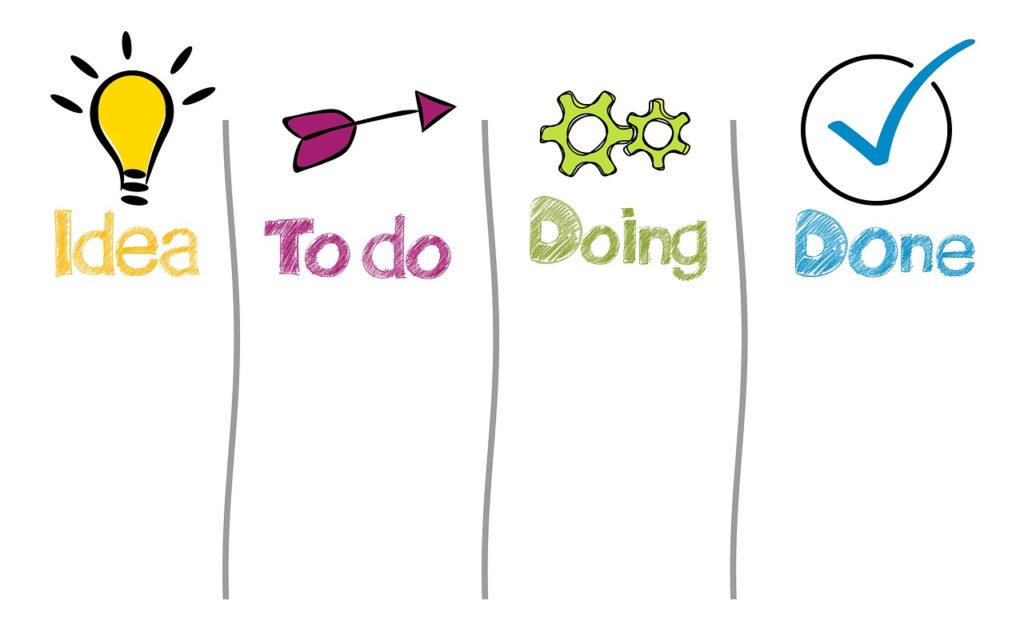The future of work is a complex and ever-evolving topic. It is shaped by a multitude of factors, including technological advancements, globalization, demographic shifts, and climate change.

Here are some key statistics and trends about the future of work in 2023:
Technology is transforming jobs. A recent study by McKinsey found that 45% of work activities could be automated using technology already available. This is leading to the creation of new jobs in areas such as AI, robotics, and data science, but it is also displacing workers in some traditional industries.
Globalization is another major force shaping the future of work. The rise of the global economy means that workers are competing for jobs with people from all over the world. This is putting pressure on wages and working conditions in some developed countries. However, it is also creating new opportunities for workers in developing countries.The value of global trade in goods and services has increased from around $5 trillion in 1990 to over $30 trillion in 2022.
Demographic shifts are also playing a role in shaping the future of work. The world’s population is aging, and the workforce is becoming more diverse. This means that businesses need to adapt their workplace practices to meet the needs of their employees.
The global population is aging, The median age of the global population is projected to increase from 31.1 years in 2020 to 38.4 years in 2050. This trend is driven by declining fertility rates and increasing life expectancy.
The global workforce is becoming more diverse, The share of women in the global workforce is projected to increase from 47.4% in 2020 to 48.5% in 2030. The share of immigrants in the global workforce is also projected to increase, from 3.5% in 2020 to 4.3% in 2050.
Climate change is another major challenge facing the world of work. Climate change is already disrupting jobs in industries such as agriculture and tourism. It is also creating new jobs in areas such as renewable energy and climate adaptation.The International Labour Organization (ILO) estimates that climate change could lead to the loss of 25 million jobs worldwide by 2030.The World Economic Forum’s Global Risks Report 2023 identifies climate change as the top global risk in terms of likelihood and impact.
Upskilling and reskilling are essential.
The skills that are in demand in today’s workplace are constantly changing. To stay ahead of the curve, workers need to be willing to upskill and reskill throughout their careers. According to a recent survey by LinkedIn, 76% of professionals believe that upskilling and reskilling are essential for career success.

Here are some tips for preparing for the future of work:
Be open to new technologies and ways of working. Don’t be afraid to learn new skills and adapt to new technologies. The more adaptable you are, the more likely you are to succeed in the future of work.
Focus on developing transferable skills. Transferable skills, such as communication, problem-solving, and critical thinking, are in demand in all industries. By developing these skills, you will make yourself more marketable to employers.
Build a strong network. Networking is essential for finding new job opportunities and staying informed about the latest trends in the workplace. Connect with people in your field and attend industry events.
Invest in your own development. Don’t wait for your employer to provide you with training and development opportunities. Take the initiative to learn new skills and stay up-to-date on the latest trends in your industry.
How we are rethinking work?
Imagine a world where work is more collaborative and less competitive. In this world, people would work together to solve problems and create value, rather than competing against each other for jobs and resources.
Imagine a world where work is more meaningful and purposeful. In this world, people would use their skills and talents to make a positive impact on the world, rather than simply working to earn a paycheck.
Imagine a world where you can unify all your business systems and interact with the information and systems in a more human way. In this world tools and systems play a critical role in our daily work across functions. Movement of data and surfacing information are key areas which consume time like crazy.The data entry struggle is real. 76 percent of workers said they spend 1-3 hours a day simply moving data from one place to another. Additionally, 73 percent of workers spend 1-3 hours just trying to find information or a particular document.

The future of work is full of possibilities. By embracing change and being open to new ideas, we can create a future of work that is more inclusive, equitable, and fulfilling for everyone.
